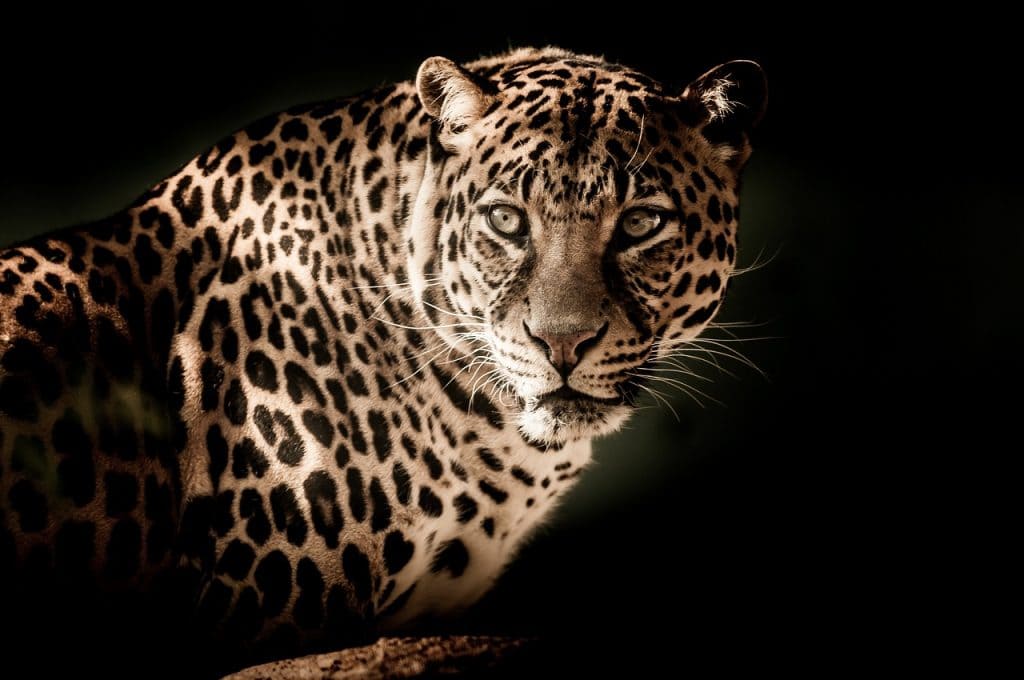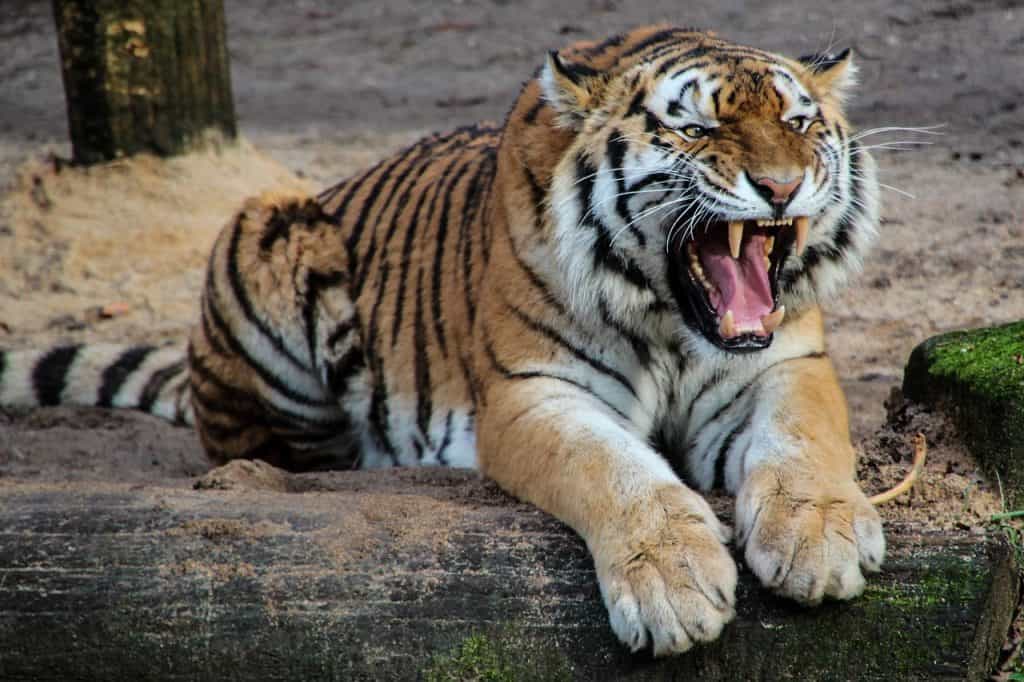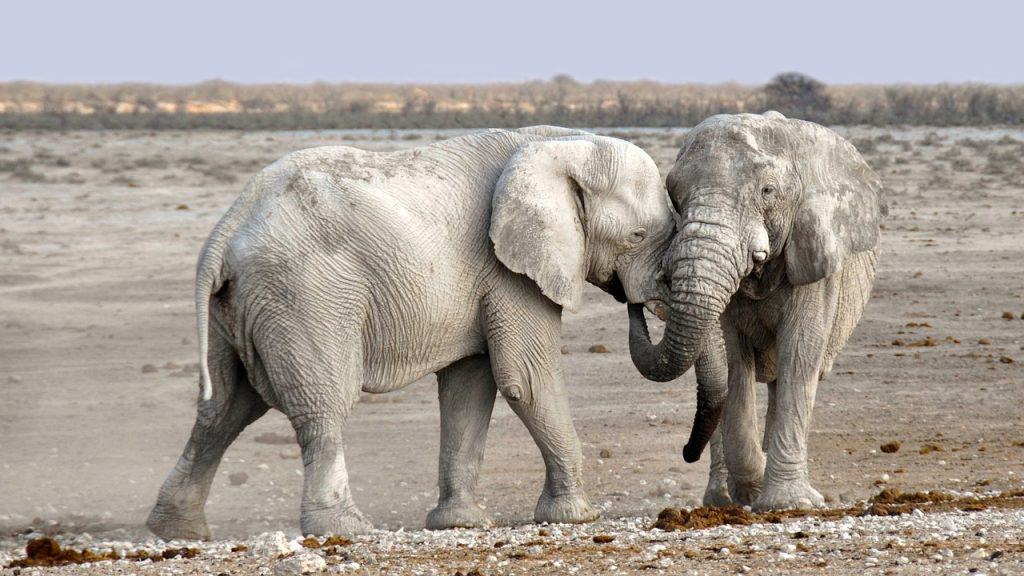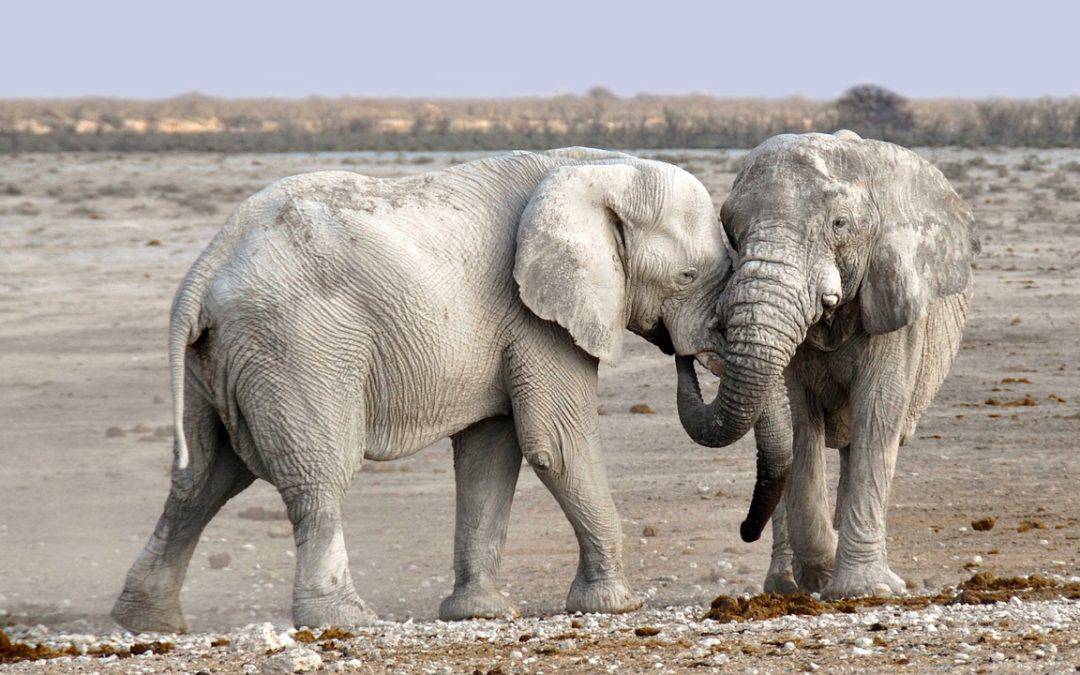So you’ve always had a fascination with wildlife and the thrill of the hunt? Well, get ready to be captivated by the exhilarating experience of hunting in Hwange National Park. Located in Zimbabwe, this vast wilderness is teeming with an abundance of game, from majestic elephants to elusive leopards. Imagine the adrenaline rush as you track your target through the dense bush, stealthily making your way towards the ultimate prize. However, this article aims to explore a different kind of hunting in Hwange National Park, one that doesn’t involve rifles and trophies. Stay tuned to discover the fascinating world of wildlife enthusiasts and their cameras, capturing breathtaking moments instead of taking lives.
About Hwange National Park
Location and Size
Hwange National Park is located in the Matabeleland North Province of Zimbabwe, covering an area of approximately 14,650 square kilometers (5,659 square miles). It is one of the largest national parks in Africa and is situated on the edge of the Kalahari Desert. The park is bordered by Botswana to the west and serves as an important wildlife corridor between Zimbabwe and its neighboring countries.
Ecological Importance
Hwange National Park is a critically important ecosystem, providing a habitat for a diverse range of plant and animal species. The park is renowned for its rich biodiversity, boasting over 100 species of mammals, including the mighty African elephant, lion, leopard, and buffalo. It is also home to more than 400 bird species and abundant plant life.
The park’s geographical location allows for a unique blend of habitats, including savannah woodlands, open grasslands, and teak forests. These different ecosystems support a variety of wildlife and play a vital role in maintaining ecological balance in the region.
Wildlife and Biodiversity
Hwange National Park is a haven for wildlife enthusiasts, offering incredible opportunities to observe and appreciate the natural world. The park is particularly known for its large elephant population, with estimates ranging from 20,000 to 30,000 individuals. Other iconic species, such as rhinos, giraffes, zebras, and various antelope species, also thrive within the park.
The incredible biodiversity of Hwange National Park extends beyond mammals, with a wide range of bird species making it a birdwatcher’s paradise. Visitors can spot majestic birds of prey, colorful bee-eaters, and unique waterbirds in the park’s diverse habitats.
Hunting Regulations in Hwange National Park
Laws and Permits
Hunting in Hwange National Park is strictly regulated by the Zimbabwe Parks and Wildlife Management Authority (ZPWMA). In order to conduct a hunting safari, individuals must obtain the necessary permits and adhere to specific rules and regulations. These permits ensure that hunting is conducted sustainably and in accordance with conservation objectives.
Prohibited Species
Certain species are protected and cannot be hunted within Hwange National Park. This includes endangered animals such as black rhinos and African elephants, as well as other vulnerable species like lions and leopards. These regulations are in place to safeguard the populations of these iconic animals and prevent their illegal poaching.
Hunting Seasons
Hunting in Hwange National Park is restricted to designated hunting seasons. These seasons are carefully managed to minimize any negative impacts on the park’s wildlife populations. The hunting seasons are typically aligned with the natural cycles of animal breeding and migration patterns, ensuring that the hunting activities are conducted in a responsible manner.
Hunting Methods
The hunting methods allowed in Hwange National Park are regulated to ensure ethical and sustainable practices. Hunters are required to follow strict guidelines and use approved methods, such as rifle hunting or bow hunting. These regulations aim to minimize animal suffering and promote responsible hunting practices.

The History of Hunting in Hwange National Park
Early Hunting
Hunting has a long history in Hwange National Park, dating back to the early 20th century. In the early days, hunting was primarily carried out by European explorers and big game hunters seeking trophies. This unregulated hunting led to a significant decline in wildlife populations and sparked concerns about the long-term survival of species within the park.
Conservation Efforts
Recognizing the need to protect Hwange National Park’s wildlife, conservation efforts were initiated in the mid-20th century. The establishment of the Zimbabwe Parks and Wildlife Management Authority in 1980 marked a turning point in conservation practices. Strict hunting regulations were implemented, and efforts were made to promote sustainable use of the park’s resources.
Current Practices
Today, hunting in Hwange National Park is tightly regulated and carefully managed. Conservation organizations, government bodies, and local communities are actively involved in ensuring that hunting is conducted ethically and sustainably. The focus has shifted towards conservation-oriented hunting, where revenue generated from hunting activities is reinvested into conservation initiatives and local communities.
Controversies Surrounding Hunting in Hwange National Park
Trophy Hunting Debate
One of the main controversies surrounding hunting in Hwange National Park is the debate around trophy hunting. Trophy hunting involves the selective hunting of large, often male, animals for their valuable body parts, such as tusks or horns, which are then used as trophies. Critics argue that trophy hunting contributes to the decline of certain species and undermines conservation efforts.
Conservation vs. Poaching
Hunting, when conducted under regulated and lawful conditions, can contribute to conservation efforts by providing funding for anti-poaching efforts and wildlife protection. However, illegal poaching remains a major threat to wildlife populations, including those in Hwange National Park. The challenge lies in striking a balance between legal hunting activities and combatting illegal poaching.
Economic Impact
Some argue that hunting in Hwange National Park has a positive economic impact, generating revenue that can be used for conservation efforts and local community development. Proponents of hunting argue that sustainable hunting practices can provide a source of income for rural communities, reducing human-wildlife conflicts and fostering support for conservation initiatives.

Positive Impact of Hunting in Hwange National Park
Revenue Generation
Hunting in Hwange National Park can generate significant revenue, which can be reinvested into conservation and community development projects. Income from hunting activities can fund anti-poaching efforts, habitat restoration, and educational programs, ensuring the long-term sustainability of the park’s ecosystems.
Population Control
As part of responsible wildlife management, hunting can contribute to population control. By selectively targeting certain individuals within an animal population, hunting can help maintain a balanced ecosystem. For example, controlled hunting of elephants can help prevent overpopulation and alleviate habitat destruction.
Conservation Funding
Hunting permits and fees can provide a valuable source of funding for conservation initiatives in Hwange National Park. The revenue generated from hunting activities can be channeled into anti-poaching operations, wildlife research, and community development programs. This ensures that the park’s resources are protected for future generations.
Negative Impact of Hunting in Hwange National Park
Potential Decline in Species
Despite regulations, there is a risk that hunting can contribute to a decline in certain species within Hwange National Park. If not managed carefully, hunting pressure can weaken the genetic diversity of populations and disrupt natural ecological processes. Efforts must be made to ensure sustainable hunting practices that prioritize the long-term survival of all species.
Ethical Considerations
Hunting, especially trophy hunting, raises ethical concerns regarding the treatment of animals and the justification for taking their lives for recreational purposes. Opponents argue that killing animals for sport goes against the principles of conservation and animal welfare. Striking a balance between hunting as a conservation tool and ethical considerations is crucial.
Ecological Disruption
Hunting can potentially disrupt the delicate ecological balance within Hwange National Park. Removing certain individuals from a population can impact predator-prey dynamics, disrupt social structures, and alter natural behaviors. Strict monitoring and careful management of hunting activities are essential to minimize any negative ecological consequences.

The Role of Hunting in Conservation
Conservation through Sustainable Use
The concept of conservation through sustainable use suggests that hunting can be a valuable tool for conservation and biodiversity preservation. By implementing strict regulations, monitoring hunting practices, and reinvesting revenue into conservation initiatives, hunting can contribute to the long-term sustainability of Hwange National Park.
Community Involvement
Involving local communities in hunting and conservation efforts is crucial for the success of conservation initiatives. By providing economic incentives and involving communities in decision-making processes, hunting can help foster support for conservation and reduce human-wildlife conflicts. Empowering local communities to benefit from hunting activities can create a sense of ownership and stewardship.
Settlement Conflicts
Hwange National Park is surrounded by communities that rely on the park’s resources for their livelihoods. It is essential to address settlement conflicts and find ways to coexist with wildlife. By managing hunting activities in a way that benefits communities and protects wildlife, sustainable solutions can be found that ensure the long-term preservation of the park.
Alternatives to Hunting in Hwange National Park
Photographic Safaris
Photographic safaris provide an alternative way to experience and appreciate the wildlife of Hwange National Park. By focusing on capturing images rather than hunting animals, visitors can contribute to conservation efforts while enjoying the natural beauty of the park. Photographic tourism can generate revenue and promote a greater understanding of the importance of wildlife conservation.
Eco-tourism
Eco-tourism focuses on sustainable tourism practices that minimize environmental impact and benefit local communities. Hwange National Park is well-suited for eco-tourism initiatives, with its diverse ecosystems and abundance of wildlife. By promoting responsible and low-impact tourism, eco-tourism can provide an alternative source of income while protecting the park’s natural resources.
Research and Education
Investing in research and educational programs can help further our understanding of Hwange National Park’s ecosystems and the importance of conservation. By supporting scientific studies and educational initiatives, visitors can contribute to the long-term preservation of the park. Research findings can inform conservation strategies and increase public awareness about the value of protected areas like Hwange.
Case Studies: Hunting Success Stories in Hwange National Park
Effects on Elephant Population
Careful management of hunting activities in Hwange National Park has contributed to the conservation of its elephant population. By selectively hunting older males with limited breeding potential, the park has maintained a healthier and more balanced elephant population. This has resulted in reduced environmental degradation and improved habitat conditions for other species.
Biodiversity Preservation
Hunting regulations in Hwange National Park have helped preserve the park’s incredible biodiversity. By controlling hunting seasons and methods, the park has ensured the survival of various species and prevented any drastic decline in wildlife populations. The diversity of habitats and the rich array of species continue to thrive, making Hwange a globally significant conservation area.
Community Benefits
Hunting in Hwange National Park has provided tangible benefits to local communities surrounding the park. Revenue generated from hunting permits and fees has been reinvested in community development projects, such as schools, clinics, and infrastructure improvements. This has improved the livelihoods of local residents and helped foster a sense of ownership and stewardship towards the park.
Conclusion
Balancing hunting and conservation in Hwange National Park is a complex issue that requires careful consideration of ecological, economic, and ethical factors. The park’s rich biodiversity and iconic species make it a crucial conservation area, while responsible hunting practices can contribute to sustainable management and community development.
Future considerations should focus on refining hunting regulations, strengthening anti-poaching efforts, and promoting alternative forms of sustainable tourism. By striking a balance between hunting as a conservation tool and preserving the park’s ecological integrity, Hwange National Park can continue to thrive as a haven for wildlife and a testament to the importance of protected areas in safeguarding our natural heritage.


